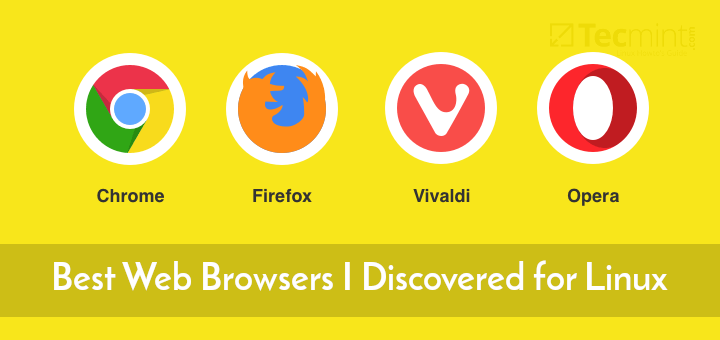
Pay attention, because in just a moment, I will weigh the pros and cons of the top 10 best web browsers as we move forward into 2015. How do you measure the quality of a browser? And much like shoes, there’re all sorts of styles to choose from. You have to find something that fits you have to find something that’s comfortable. “Tor” is an acronym for The Onion Router.Choosing a web browser is like choosing a pair of shoes. A new circuit is also created when you visit another website. Once that window expires, Tor creates a new circuit to prevent eavesdroppers from tracking your activities. In a nutshell, the Tor client creates a “circuit” between you and the destination that remains open for around ten minutes. Step 5: The third server, or Exit Node, decrypts the final layer and relays the plaintext data to the destination. Step 4: The second server, or Middle Node, decrypts the second layer, discovers the third server’s location, and relays the single-layer encrypted data. Step 3: The Entry Node decrypts the first layer, discovers the second server’s location, and relays the two-layer encrypted data. Step 2: The client sends the three-layer encrypted data to the first Tor server, the Entry Node. Step 1: The Tor client determines the best path to the destination and generates three encryption keys. Here’s what happens when you access a website using a Tor client: The Tor network consists of over 7,000 volunteer-operated relay servers located around the globe that perform as “onion” routers. However, Firefox is the best, well-rounded browser you should use on all your devices. If you are looking for features like a built-in VPN or high levels of customization, you can’t go wrong with Opera or Vivaldi.
Sure, Chrome has improved over the years, but it collects more data than any browser on this list.

Firefox makes privacy and security management easy to use and easy to understand. Mozilla wanted to build a standalone browser for a safer internet, and its efforts clearly show. There are no proprietary components buried deep within the foundation that could prevent full transparency.įirefox has been around for 18 years, rising from the ashes of Netscape in the early 2000s. Second, the browser is truly open-source, meaning any security expert can inspect the code. Google’s primary business is data collection and advertising, so you know Firefox doesn’t include secret Google bits that harvest and sell your data. First, it’s not based on Chromium, so there are no traces of Google in the code.


 0 kommentar(er)
0 kommentar(er)
